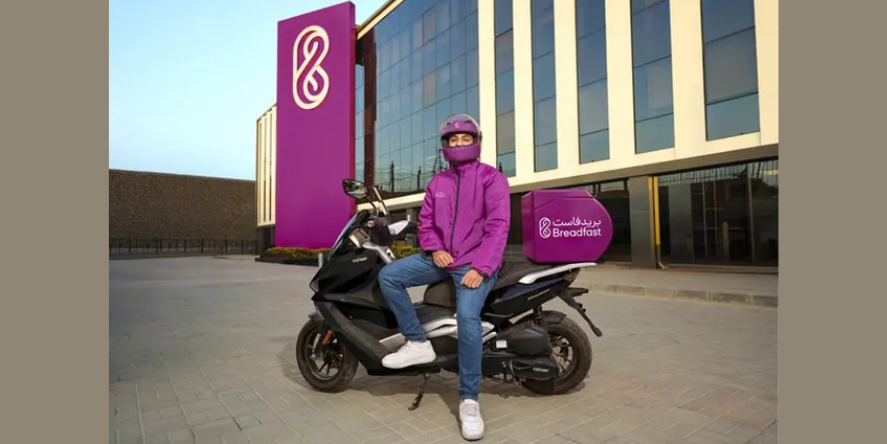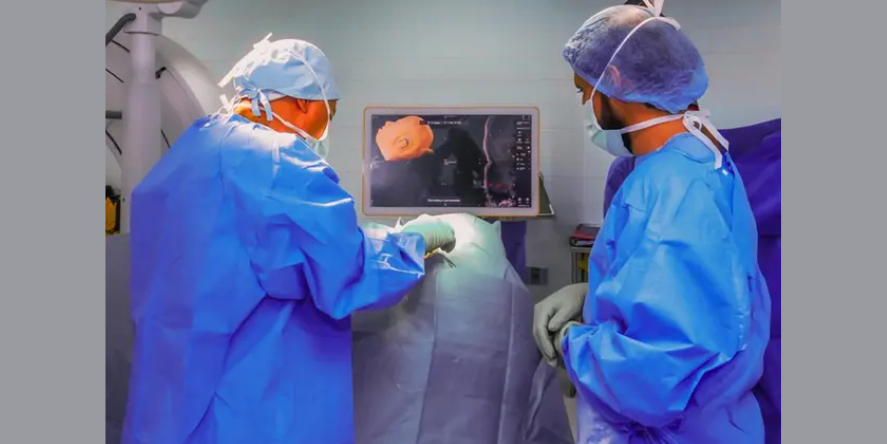BMW plans to launch its first-ever series production fuel cell electric vehicle (FCEV) in 2028, thereby offering customers an additional all-electric powertrain option with zero local emissions in a BMW. According to Industry sources, The BMW Group and the Toyota Motor Corporation are pooling their innovative robustness and technological prospects to bring the latest generation of fuel cell powertrain technology to the roads.
Both firms share the aspiration of powering a hydrogen economy and have extended their collaboration to trigger this locally zero-emission technology to the next level.

“This is a milestone in automotive history: the first-ever series production fuel cell vehicle to be offered by a global premium manufacturer. Powered by hydrogen and driven by the spirit of our cooperation, it will underscore how technological progress is shaping future mobility,” stated Oliver Zipse, Chairman of the Board of Management of BMW AG. “And it will herald an era of significant demand for fuel cell electric vehicles.”
Koji Sato, President and Member of the Board of Management (Representative Director) Toyota Motor Corporation, stated, “We are pleased that the collaboration between BMW and Toyota has entered a new stage. In our long history of partnership, we have confirmed that BMW and Toyota share the same passion for cars and belief in ‘technology openness’ and a ‘multi-pathway’ approach to carbon neutrality. Based on these shared values, we will deepen our collaboration in efforts such as the joint development of next-generation fuel cell systems and the expansion of infrastructure, aiming to realize a hydrogen society. We will accelerate our efforts together with BMW and partners across various industries to realize a future where hydrogen energy supports society.”
Industry sources further accounted that BMW Group’s leading development expertise in electric drive technologies is again displayed by its relentless efforts to trigger hydrogen fuel cell technology and its embracing of a ‘technology-openness’ approach to offer clients a range of mobility solutions for the future.
Shared powertrain technology is utilized across individual models to offer attractive FCEV options
Industry sources added that BMW Group and the Toyota Motor Corporation will jointly develop the powertrain system for passenger vehicles, with the core fuel cell technology (the individual third-generation fuel cells) powering out the synergies for both commercial and passenger vehicle applications. The outcome of this partnership effort will be utilized in individual models from both BMW and Toyota and will expand the range of FCEV options available to customers, bringing the vision of hydrogen mobility one step closer to reality.
Clients can expect the BMW and Toyota FCEV models to maintain their distinct brand identities and characteristics, providing them with individual FCEV options to choose from. Realizing synergies and integration of the total volume of powertrain units by partnering on development and procurement promises to power down the costs of fuel cell technology.
BMW will launch its first hydrogen-powered production model in 2028
Industry sources further confirmed that post successfully testing the BMW iX5 Hydrogen pilot fleet worldwide, the BMW Group is now preparing for a series production of vehicles with hydrogen drive systems in 2028 based on the jointly developed next-generation powertrain technology.
According to Industry sources further confirmation, the series production models will be integrated into BMW’s existing portfolio, i.e. BMW will offer an existing model in an additional hydrogen fuel cell drive system variant. As FCEV technology is another electric vehicle technology, the BMW Group explicitly views it as complementing the drive technology used by battery electric vehicles (BEV) and next to plug-in hybrid electric vehicles (PHEV) and internal combustion engines (ICE).
A new level of partnership.
The BMW Group and the Toyota Motor Corporation will take an overview on over a decade of trusting and successful collaboration. Building on this, the companies are now extending their cooperation to accelerate the innovation of next-generation fuel cell powertrain systems and pioneer this new technology.
Shared vision of advancing the hydrogen economy.
The pathway to realizing the full potential of hydrogen mobility includes its use in commercial vehicles and the establishment of a refueling infrastructure for all mobility applications, including hydrogen-powered passenger vehicles.
Industry sources added that recognizing the complementary nature of these technologies, the BMW Group and the Toyota Motor Corporation are supporting the expansion of both hydrogen refueling and battery electric vehicle charging infrastructure. Both companies are encouraging sustainable hydrogen supply by creating demand and working in tandem with firms that are building low-carbon hydrogen production, distribution, and refueling facilities.
The BMW Group and Toyota Motor Corporation are advocating the building up of a conducive framework by governments and investors to facilitate the early-stage penetration of hydrogen mobility and ensure its economic viability. By promoting the corresponding infrastructure, they are focussing on establishing the FCEV market as an additional pillar alongside other powertrain technologies. Furthermore, the companies are seeking regional or local projects to further drive the development of hydrogen infrastructure through collaborative initiatives.
Benefits of hydrogen-powered technology.
Hydrogen is recognized as a promising future energy carrier for global decarbonization. It acts as an effective storage medium for renewable energy sources, helping to balance supply and demand and enabling a more stable and reliable integration of renewables into the energy grid. Hydrogen is the missing piece for completing the electric mobility puzzle where battery-electric drive systems are not an optimal solution.











